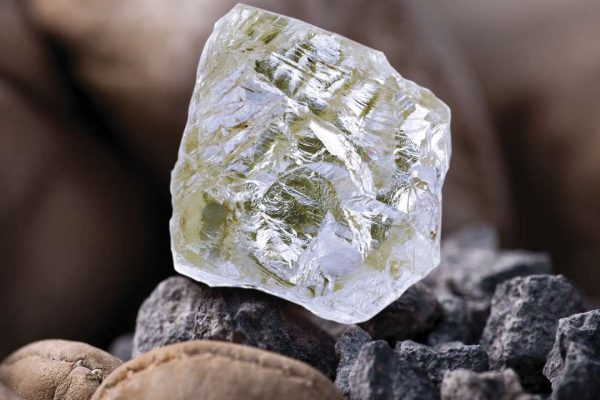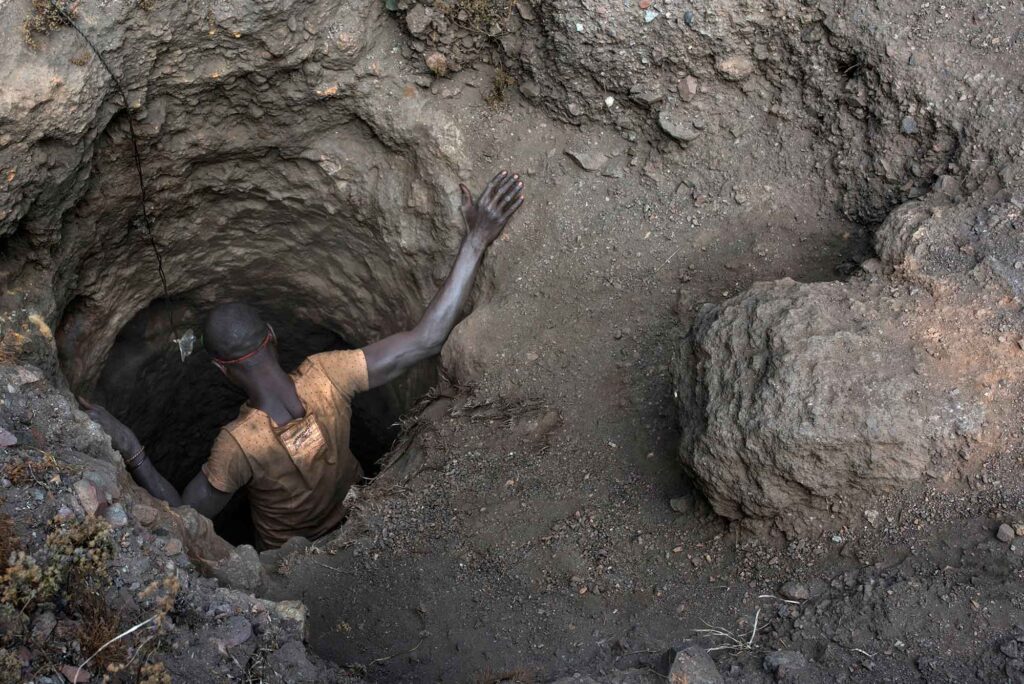
· African lithium has had a lot of investments from the Chinese for the extraction of lithium from the reserves.
· Africa is rich with the availability of lithium reserves. This is in countries such as Zimbabwe, Democratic Republic of Congo, Ghana and Mali.
Lithium is a soft, silvery-white alkali metal which has several industrial applications. These include steel and aluminum production, lithium metal batteries and lithium-ion batteries. There is an increased demand for lithium for production of electric vehicles. Lithium has attracted attention from leading economies to produce electric vehicle batteries. African land is rich with minerals and compounds of lithium. This is evident in countries like Zimbabwe, Namibia, Ghana, DRC and Mali. China is one of the countries that take full advantage of the available lithium in Africa.
Overhead line connectors link and combine the electrical conductors and ADSS/OPGW cables. This helps to create power transmission systems. Overhead line connectors protect the fiber optic cable and conductor from breaking. They include dead end clamp, parallel groove clamp and suspension clamp. These devices connect and suspend the conductors for proper power transmission. They apply in utility poles, power applications, telecommunications broadcasting lines.
African Lithium mining
With the growing demand for electric vehicles, there is an increasing demand for lithium. Africa has vast reserves for lithium which has the potential to transform African economies. Lithium mining in Africa may raise concerns about the effects of mining to the environment. Lithium is a valuable commodity and the growth of electric vehicle market may increase the demand in the coming years. The generated revenue from the mining may fund infrastructure, education and healthcare in the countries. Overhead line connectors are hot dip galvanized to resist rust and corrosion. The various concerns of lithium mining in Africa are as discussed below.
1. Lithium locations occupy native communities who may get displaced or relocated. These people may also exploit the local for labor in the mines.
2. Lithium mining requires large amounts of water and may involve the use of some chemicals such as sulfuric acid which may pollute water sources and damage ecosystems. Disposing wastes from the lithium mining may also cause environmental damages if not disposed of properly.
3. Revenue generated may not be equally shared between the local communities and the wider population fairly.

The future of mining lithium in Africa
China has already invested into lithium projects in Zimbabwe which have acquired controlling shareholdings in the mines. African lithium stands a chance to enjoy the investment by the Chinese through job creation, taxes, transfer of technology and funding. This will help to grow Africa’s mining industry. Africa is rich with the availability of lithium and with the rising demand of the electric vehicle and batteries, Africa might just become the leader in the lithium market and industry. Overhead line connectors are also from similar material like the conductors. This helps to prevent abrasion caused by vibrations from strong winds. the future of lithium mining in Africa is dependent on the following factors:
1. Demand for lithium
The rise of the demand for lithium batteries will make it more cheap for mining companies to mine lithium from the African reserves. Lithium is also used in other energy storage solutions.
2. Investment in infrastructure
Infrastructure is necessary for mining and transportation which will need infrastructure such as roads, railways and ports. The investment in this will make it easier for mining companies in the future.
3. Competition
Competition from other regions such as south America and Australia might impact the supply and availability of the mineral in the market. Africa will have to compete with such countries to ensure they meet the growing demand for lithium. Overhead line connectors work with other fittings such as bolts, nuts and washers for secure connections.
4. Environmental anxieties
Extraction of lithium affects the environment if not properly conducted. The government, local communities and the mining companies will have to agree on policies that do not harm the environment. This will ensure they put in place sustainable mining practices.
5. Political strength
Political instability may make it hard for mining companies to invest in extracting lithium. Stability may help to attract more investors and increase the competition in the market for recognition.
